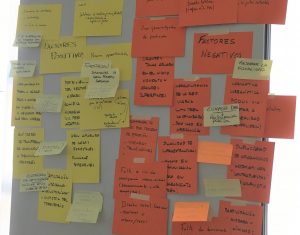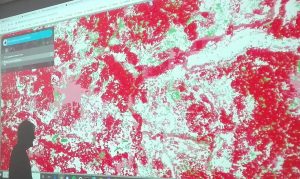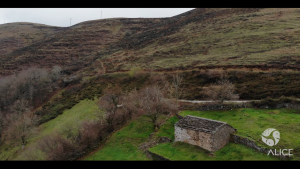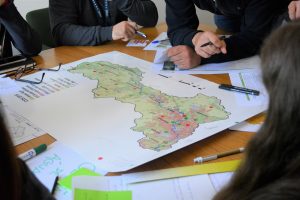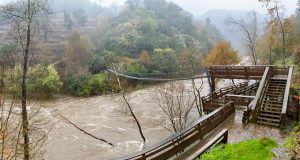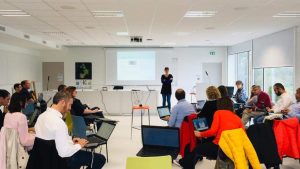- FLIPBOOK
- Why a newsletter for the ALICE Project Spanish Case Study, Cantabria?The first Spanish case study workshop (March 2019) revealed an important knowledge gap in some of the key agents and, fundamentally, a terminology barrier to communication between the concept and how can we refer to it in the technical and scientific literature.
- Recent article published by NUIG partners, analyse Carlingford Lough residents will to pay for BGINs vs Grey infrastructures to combat existing flooding issues in the region.The overall results of the study indicate that the average respondent was less likely to pick grey infrastructure solutions if presented with a BGI solution to flooding. This suggests that the respondents are more willing to pay for a flood risk reduction project if it comes from a BGI solution as opposed to a grey infrastructure solution.
- What is k.LAB and how this modelling technology can simulate current and future environmental and social dynamics to address the most complex sustainability problemsALICE is using the k.LAB technology to connect the scientific knowledge generated by different project partners. Within the ALICE project, we have researched the complex interdependencies between human and natural agents and processes across terrestrial, riverine and estuarine realms.
- Three strategies used in Cantabria promote nature restoration and fight climate changethe Environmental Hydraulics Institute of the University of Cantabria ‘IHCantabria’, coordinator of the European Project ALICE, and the Basque Center for Climate Change (BC3), show how Blue and Green Infrastructure Networks (BGINs) can prevent natural disasters while assuring the provision of ecosystem services.
- New paper released towards improvement of habitat mapping through Unmanned Areial Vehicle (UAV) dataSimulation of Land Use and Land Cover Changes [LULCC] is been made by workpackage 4 of ALICE, related to the improvement of biodiversity characterisation using […]
- Second workshop with stakeholders of Portuguese case study took place last February to address the main problems in the catchment identified on the first workshop.Second workshop with stakeholders of Portuguese Case study took place to address the main problems in the catchment identified on the first workshop.
- Floods in Paiva River – Portugal Case StudyLast December due to depressions Elsa and Fabien, intense rainfall occurred in the northern and central Portugal.
- Project Board Meeting at BrestThe Project Board Meeting 4 took place 23-25th September 2019 at UMR AMURE – Centre de droit et d’économie de la mer, Université de Bretagne […]

